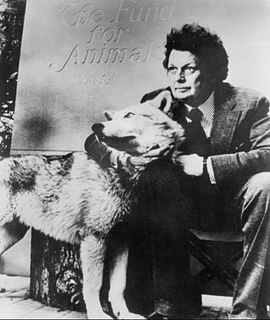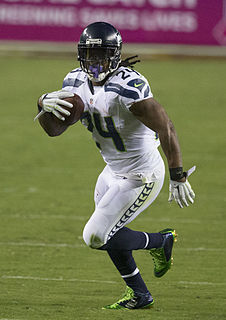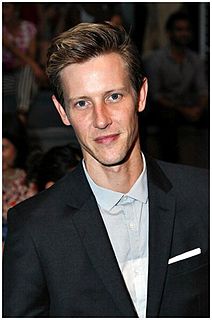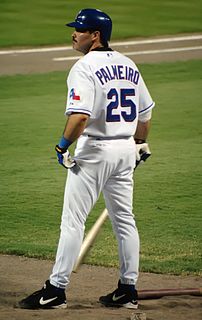A Quote by Frank McCourt
You look at passers-by in Rome and think, 'Do they know what they have here?' You can say the same about Philadelphia. Do people know what went on here?
Quote Topics
Related Quotes
It used to be said that, socially speaking, Philadelphia asked who a person is, New York how much is he worth, and Boston what does he know. Nationally it has now become generally recognized that Boston Society has long cared even more than Philadelphia about the first point and has refined the asking of who a person is to the point of demanding to know who he was. Philadelphia asks about a man's parents; Boston wants to know about his grandparents.
I don't know what story y'all trying to get out of me. I don't know what image y'all trying to portray of me. But it don't matter what y'all think, what y'all say about me because when I go home at night, the same people that I look in the face - my family that I love, that's all that really matter to me.
Nolan has the strangest affect on people. You know, I think there's something very sad and little boy about him, but at the same time the way he goes about everything is so awkward and obnoxious. He can never say the right thing, you know? And I think if he just didn't try so hard and calmed down, people might actually like him a bit more!
I go into every meeting, into every room and for every speech understanding the standard deviation, the Bell Curve. I know there are about 10-15 percent of people in the room, who say, "I've been trying to say this for years. Finally. I agree. Yes, yes, yes." I know there are about 15 percent of the people in the room who think I'm an idiot, who think I don't know what I'm talking about, who think I'm naive or I have oversimplified everything. The majority who are open to the ideal.
Whether or not belive in Fate comes down to one thing: who you blame when something goes wrong. Do you think it's your fault - that if you'd tried better, worked harder, it wouldn't have happened? Or do you just chalk it up to circumstance? I know poeple who'll hear about the people who died, and will say that it was God's will. I know people who'll say it was bad luck. And then there's my personal favorite: They were just in the wrong place at hte wrong time. Then again, you could say the same thing about me, couldn't you?
What bothers me the most about the way that people appropriate feminist language is that they are the same people who are - you know, anti-feminists - they're the same people who say that feminism is ruining the family, yet when it behooves them to, they'll say Sara Palin's a feminist - when all of a sudden it works in their favor.


































